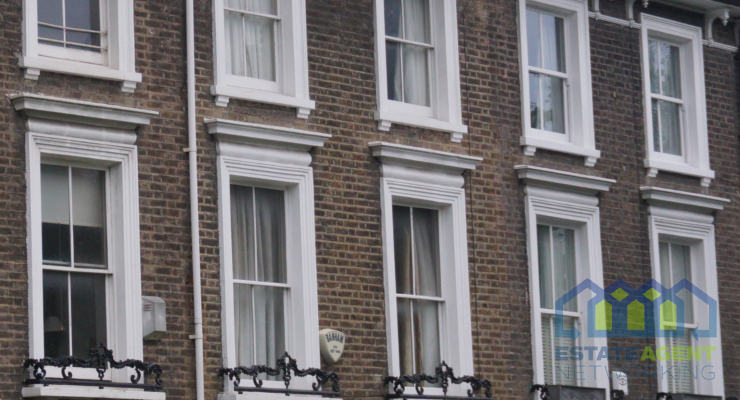10 Tips for Landlords: Conducting Effective Periodic Inspections
1. Establish Clear Communication: Before conducting any inspection, establish open and transparent communication with your tenants. Notify them well in advance, typically 24 to 48 hours beforehand, about the upcoming inspection. This courtesy allows tenants to prepare their space and make necessary arrangements.
2. Respect Tenant Privacy: While inspections are essential, it’s crucial to respect your tenants’ privacy. Schedule inspections during reasonable hours and avoid conducting them too frequently. Be understanding of their schedules, such as work shifts or family commitments, to ensure minimal disruption.
3. Set a Purpose and Frequency: Clearly define the purpose of your periodic inspections. Whether it’s to check for maintenance issues, verify adherence to lease terms, or ensure compliance with safety regulations, conveying the purpose to your tenants helps alleviate any concerns they might have. Additionally, establish a reasonable frequency for these inspections – typically once every three to six months – to strike a balance between regular assessments and not overburdening your tenants.
4. Create a Checklist: Develop a comprehensive inspection checklist tailored to the specific needs of your property. This checklist should cover various areas such as plumbing, electrical systems, appliances, structural integrity, and more. Having a standardized checklist ensures consistency across inspections and helps you identify any recurring issues.
5. Document Findings: During each inspection, take detailed notes and photographs of the property’s condition. This documentation serves as evidence in case of disputes or disagreements down the line. If you find any issues, address them promptly and keep a record of the actions taken.
6. Offer Suggestions, Not Demands: If you notice areas that require attention, approach the conversation with a collaborative attitude. Instead of giving direct orders, offer suggestions for improvements. For instance, if a room needs repainting, you could discuss color options with the tenant. This approach fosters cooperation and makes tenants more receptive to your feedback.
7. Recognize Tenant Efforts: If you find that your tenants are taking good care of the property, acknowledge their efforts. Positive reinforcement can go a long way in motivating tenants to continue maintaining the property in excellent condition.
8. Address Safety Concerns: Periodic inspections are an opportunity to address safety concerns that may have gone unnoticed. Check smoke detectors, fire extinguishers, and other safety equipment to ensure they are functional. If any repairs or replacements are needed, take immediate action.
9. Discuss Lease Terms and Regulations: Use the inspection as an opportunity to remind tenants of specific lease terms and regulations. Politely address any violations and provide clear explanations of why certain rules are in place. This can help prevent future misunderstandings and ensure that all parties are on the same page.
10. Seek Tenant Feedback: After each inspection, encourage tenants to share their thoughts and concerns. This feedback loop allows tenants to express any maintenance issues they might have noticed or voice their opinions on the property’s condition. Listening to your tenants’ perspectives demonstrates your commitment to their well-being.









